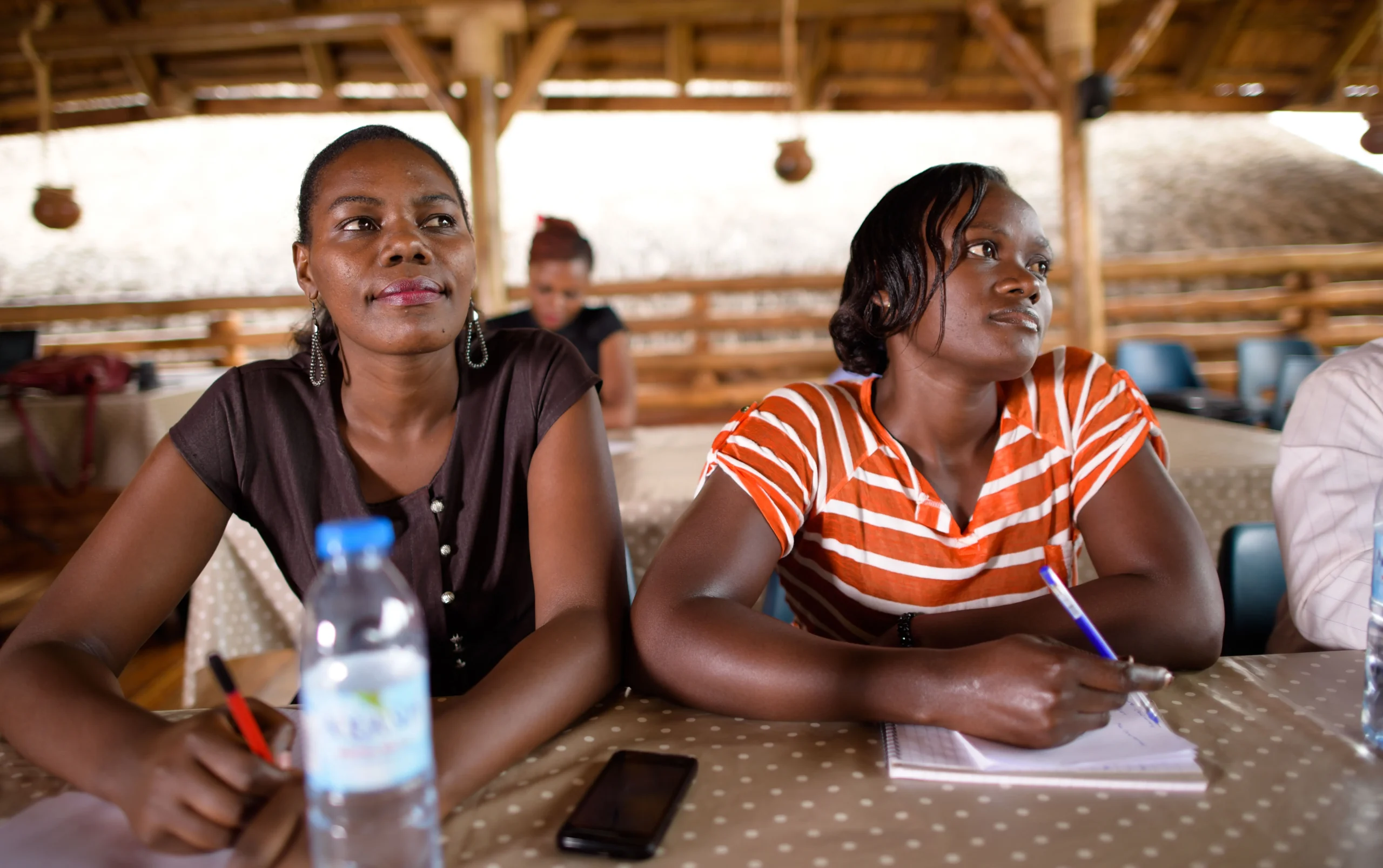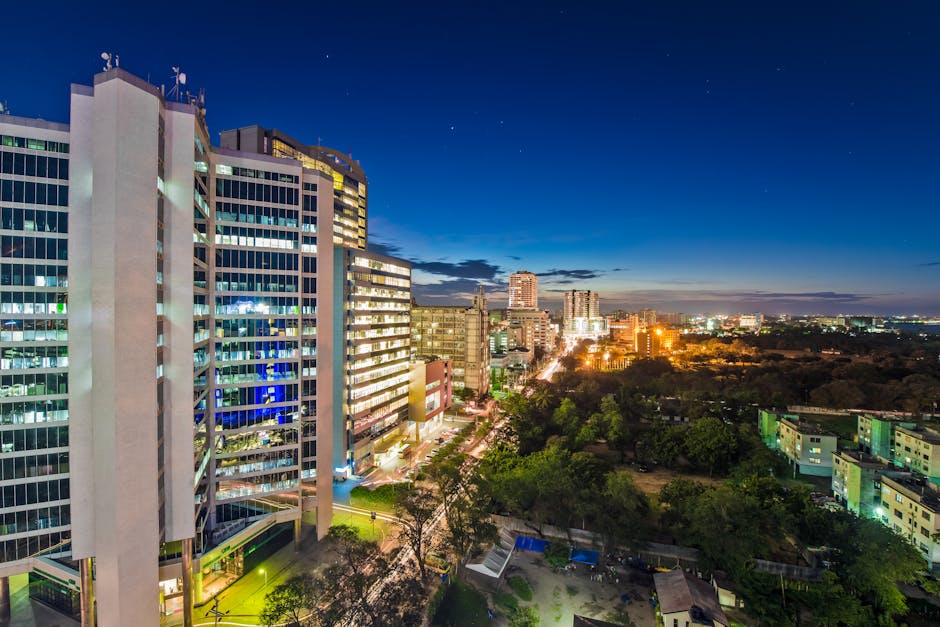Africa’s Future Unicorns: What Makes a Scalable African Business?
Africa’s startup ecosystem is no longer about survival — it’s about scalability. With rising investor interest, improved digital infrastructure, and a youthful, tech-savvy population, Africa is breeding its next wave of billion-dollar companies, or “unicorns”.
But what truly makes a business scalable in the African context? And who are the next contenders likely to join the unicorn club?
What Does “Scalability” Mean in Africa?
In Silicon Valley, scalability often means building a platform that can serve millions with minimal added cost. In Africa, however, the definition is more grounded in resilience, local adaptability, and systemic problem-solving.
A scalable African business must:
- Solve real, widespread problems (infrastructure, access, payments, logistics)
- Work around fragmented markets and regulatory barriers
- Be built for low-margin, high-volume models
- Embed mobile-first and offline-to-online integration
- Demonstrate pan-African adaptability
Success in Lagos must be replicable in Kigali, Accra, and Nairobi — with modifications, not reinvention.
African Companies on Track to Become Unicorns
These rising stars exemplify the scalability principles needed to grow big across the continent:
1. Wasoko (Kenya)
A B2B e-commerce platform helping small retailers restock goods via mobile. It’s digitizing Africa’s informal trade — one of the continent’s most powerful but underserved markets.
Scalability Factor: Huge TAM (total addressable market) across East, West, and Southern Africa, leveraging last-mile logistics and vendor financing.
2. MNT-Halan (Egypt)
A super app providing digital banking and lending to underserved populations. It’s already Egypt’s first fintech unicorn — with expansion underway.
Scalability Factor: Combines fintech with logistics and e-commerce to create a closed-loop ecosystem for informal and unbanked users.
3. TeamApt / Moniepoint (Nigeria)
One of Nigeria’s fastest-growing fintechs, powering payments for over 600,000 businesses across the country.
Scalability Factor: Built for the informal economy. Its agency banking model allows it to reach the last mile in both urban and rural zones.
4. Sokowatch (rebranded to Wasoko)
Another notable B2B platform across East Africa — now expanding into West Africa.
Scalability Factor: Creating efficiencies in informal retail supply chains — a $600 billion market across Africa.
5. Yassir (Algeria)
A North African super app (ride-hailing, payments, delivery) with significant presence in the Maghreb and plans to expand further across francophone Africa.
Scalability Factor: Building a multi-service digital ecosystem in markets typically underserved by global platforms.
What Are Investors Really Looking For?
Africa-focused venture capital is growing more selective, especially in today’s tighter funding climate. So what stands out?
✔ Traction and Market Fit
VCs want evidence of product-market fit, ideally with recurring revenue and regional stickiness.
✔ Pan-African Potential
A startup that thrives in one market is good — one that adapts to five is investable.
✔ Strong Unit Economics
Founders must show how they’ll make profit at scale — not just grow users.
✔ Resilient Teams
Founders who understand Africa’s unique business terrain — and can navigate crises — are gold.
✔ Built-in Impact
Many investors, especially development funds and DFIs, want companies that drive inclusion — in finance, education, energy, and employment.
Africa’s Next Leap
Africa’s next unicorns won’t come from copy-pasting Western models. They will emerge from deeply local innovation, mobile-first thinking, and solutions that scale without leaving anyone behind.
At Business Boom Africa, we champion the entrepreneurs building the continent’s future. The unicorns are rising — and they look like Africa.





